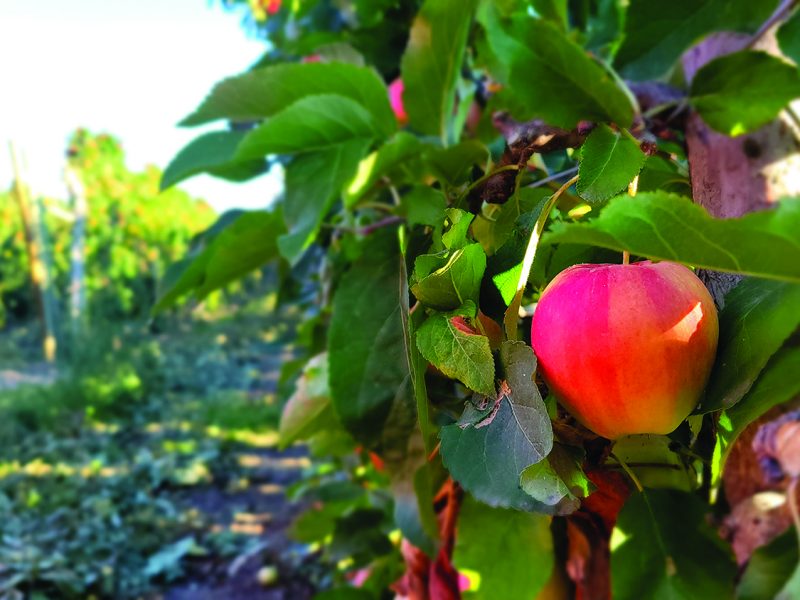KELOWNA – The future of BC’s tree fruit replant program is no clearer following an audit of the most recent iteration than it was when the province failed to renew the program 18 months ago.
The only thing that seems clear is that orchard renewal is likely to be secondary to industry renewal.
“We believe that a potential continued TFRP or some other form of replant-renewal can focus on the tree fruit industry needs that relate to communication and individual orchard planning,” states the report, prepared by KPMG in March but just released in September.
It notes that the challenges facing the tree fruit industry “are broader than those that a replant program can address,” and argues in favour of a renewal program that supports efforts to increase market share for BC apples, encourages new entrants to the industry and growers operating in niche markets and supports defined year-over-year increases in fruit quality.
New and small-scale growers could be barred from the program, and participants could be required to submit marketing plans detailing how the grower expects to market or sell fruit from trees funded by the program.
The program would be underpinned by an industry-led vision for itself.
“Once a vision has been established, the role and goals for the program can be developed to align with the industry’s overall vision,” KMPG states.
The BC Ministry of Agriculture and Food says KPMG’s recommendations are “consistent” with those of a stabilization plan the province developed in partnership with the tree fruit and grape industry last year.
The stabilization task force recommended “some form of program” geared to the needs of “business-oriented farmers” and potentially integrated with other commodity replant programs “to facilitate diversification and orchard regeneration.”
The province currently operates two other replant programs, one for hazelnuts and another for raspberries.
“We will continue working with the industry going forward on next steps,” the ministry states.
Lengthy history
Originally launched in 1991 and administered by the Okanagan Valley Tree Fruit Authority, the replant program has invested
$50 million in the industry through 2021.
The latest iteration launched in 2014. Program delivery for the final six years was through the BC Fruit Growers Association, which handed the reins to the province with six months left to run in its administration contract. The final work involved finalizing paperwork and making outstanding payments to growers, which the province delegated to the Investment Agriculture Foundation of BC.
The province’s decision to change the program’s administration fee, effectively cutting it in half, and other changes to the administration agreement prompted BCFGA to walk away.
KPMG’s review took issue with several aspects of BCFGA’s administration of the program, but it also highlights several shortcomings on the part of the province.
For example, administration agreements were incomplete or non-existent for several periods. In addition, BCFGA faced several challenges related to staff turnover at the agriculture ministry, while its own staff remained unchanged. BCFGA was also not compensated for administration of the program in the final year.
But regardless of the critiques of its management, the program has been a boon for growers.
BCFGA president Peter Simonsen says the program traces its roots to initiatives launched alongside the Agricultural Land Reserve to support the viability of farmers and protect local food security.
“It was very successful and while the funding never kept up to rising costs, the program had been continually recognized as a worthwhile incentive that shows faith in the industry,” he says.
The broader economy also benefitted, with every dollar of government investment supporting several dollars worth of spending by growers over the life of the orchard.
“It was continually renewed with little debate and is the model adopted and currently enjoyed by hazelnuts and raspberries,” he says.
With significant competition from imports and concentration among retailers forcing growers to take price rather than set the price for the fruit, a replant program helps growers reposition their orchards for the future.
“With an open border, worldwide competition and continuing retail concentration, we have experienced a market failure,” Simonsen says. “That needs to be addressed if the apple industry is to survive and farming be preserved.”


 Province rebrands hort course
Province rebrands hort course